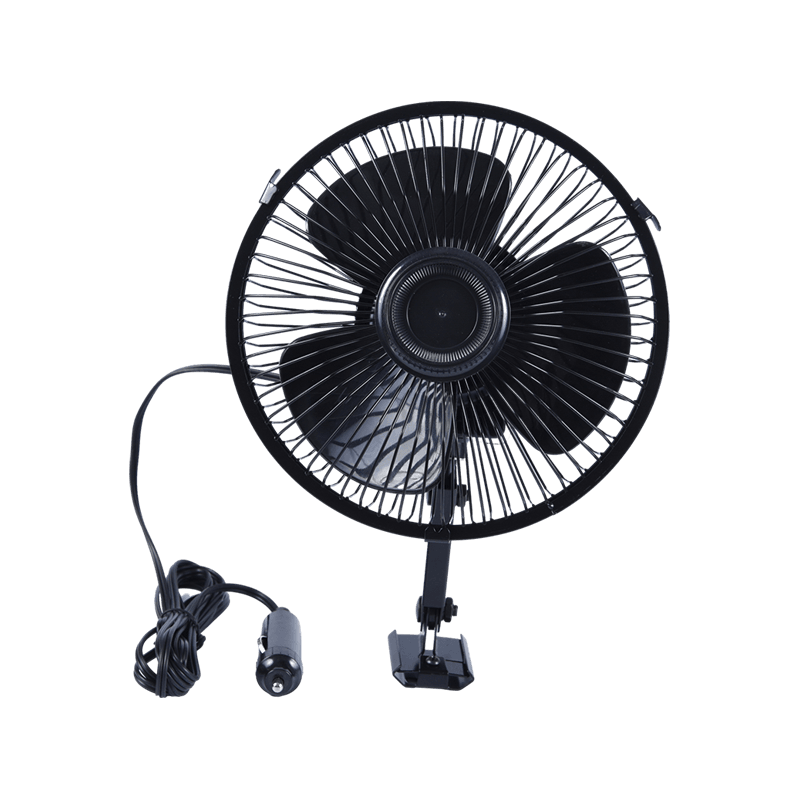A car heater is essential for comfort and safety during cold weather, but strange noises—like rattling, squealing, or humming—can signal underlying issues. Ignoring these sounds may lead to costly repairs or heater failure.
Step 1: Identify the Type and Location of the Noise
Begin by pinpointing when and where the noise occurs. Is it a high-pitched squeal when adjusting the fan speed? A knocking sound near the dashboard? Or a gurgling noise from the engine bay? Note whether it happens only when the car heater is active, at specific fan speeds, or during temperature adjustments. This helps narrow down potential culprits.
Step 2: Inspect the Blower Motor and Fan
The blower motor, located beneath the dashboard, is a common source of unusual noises. Over time, debris like leaves or dust can clog the fan blades, causing rattling or scraping sounds. Remove the cabin air filter (if accessible) and inspect the blower assembly. If debris is present, clean it carefully. If the motor itself whines or grinds, it may need lubrication or replacement due to worn bearings.
Step 3: Check for Debris in the Ventilation System
Foreign objects in the air ducts can create whistling or buzzing noises as air flows through the car heater. Remove visible obstructions using a vacuum or flexible grabber tool. For persistent issues, inspect the ducts for damaged seals or loose components that may vibrate under airflow.
Step 4: Examine the Heater Core and Hoses
A clogged or failing heater core often produces gurgling or sloshing sounds, especially if coolant levels are low or air pockets form in the system. Check for coolant leaks under the dashboard or a sweet odor inside the cabin. Low coolant levels or air in the system require bleeding or flushing by a professional to restore proper heater function.
Step 5: Assess Electrical Connections and Components
Clicking or buzzing noises may stem from electrical issues, such as a faulty heater relay, resistor, or loose wiring. Inspect connections for corrosion or wear, and test components with a multimeter. Replace damaged parts to ensure consistent operation of the car heater’s controls.
When to Seek Professional Help
If troubleshooting yields no clear solution—or if noises persist after basic fixes—consult a certified technician. Complex issues, such as a failing blend door actuator or refrigerant leaks in climate control systems, require specialized tools and expertise.
Strange noises from a car heater are rarely trivial. Early diagnosis preserves comfort, prevents further damage, and ensures efficient operation. Regular maintenance, including cabin filter replacements and coolant system checks, can mitigate many common issues. Address unusual sounds promptly to keep your car heater running smoothly and safely.


 English
English Português
Português عربى
عربى 中文简体
中文简体











